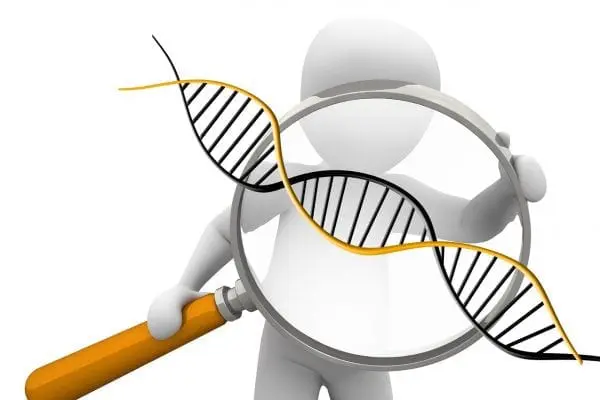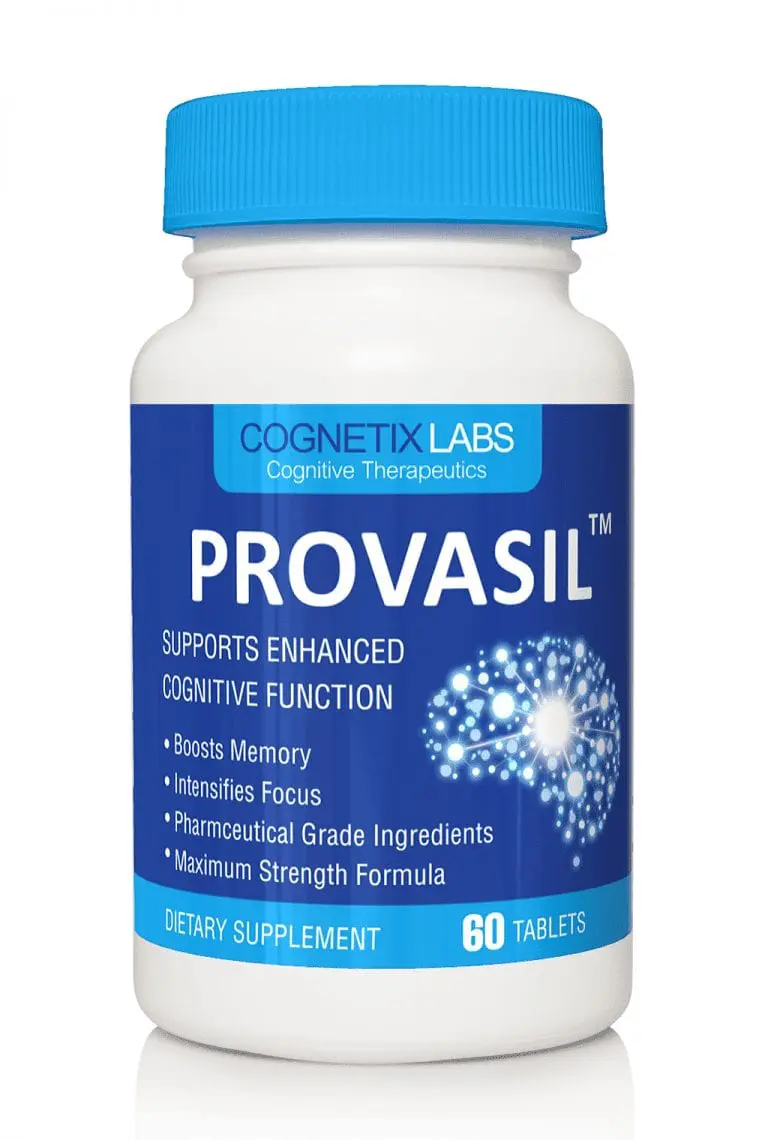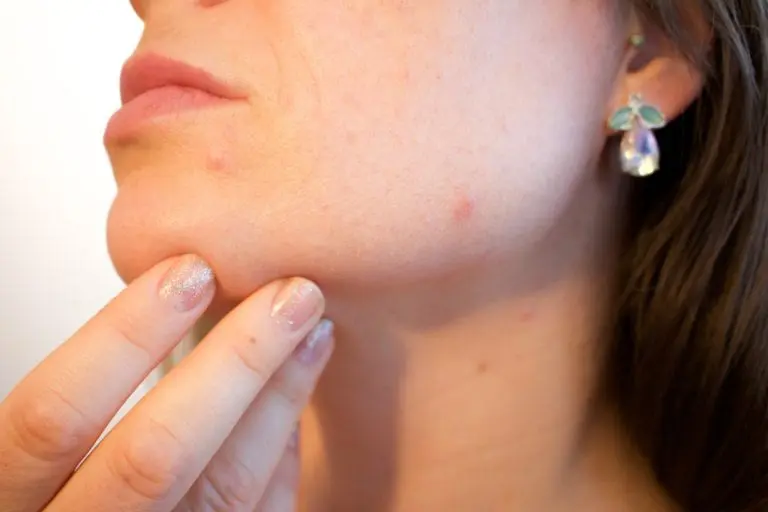What Does My Carrier Status Mean for My Younger Siblings?

If you have recently undergone a genetic carrier screening, you may have just discovered that you are a genetic carrier for a specific inherited genetic disorder. If you’ve received a positive test result, it’s recommended that your partner also get genetic carrier screening before starting a family. But what does your test result mean for your siblings, who may be considering starting families of their own?
A genetic carrier is an individual who has inherited a mutated gene associated with a specific inherited genetic disorder from either the mother or the father. Since the individual has inherited one copy of the gene, he/she will not develop the disorder but is at risk of passing this mutated gene onto his/her children. Each of a couple’s children has the same risk of becoming a genetic carrier. Therefore, if you have recently discovered through genetic health testing that you are positive as a genetic carrier, there is a risk that your younger siblings are also genetic carriers.
What Kinds of Disorders Does Genetic Carrier Testing Screen For?
Genetic carrier status is relevant to autosomal recessive inherited genetic disorders. “Autosomal” means that the condition occurs due to mutations found in genes located on non-sex chromosomes. “Recessive” means that in order to develop the condition, an individual has to inherit two mutated copies of a gene (one from each parent). Sickle cell anemia, cystic fibrosis, and Tay-Sachs disease are all examples of autosomal recessive conditions.
Understanding the Risk of Becoming a Genetic Carrier
In order for you to be a genetic carrier for an inherited disorder, you must inherit one mutated gene for the disorder from either your mother or father. If you, your parents, and your siblings are healthy, but you test positive as a genetic carrier for a condition, it means that one of your parents or both of your parents are genetic carriers. This also means that your siblings have a 50% chance of being carriers.
Talking to Your Younger Siblings About Your Carrier Status
If you know that you are a carrier for a specific genetic condition, then it’s possible that your younger siblings are as well. If your siblings are also planning on starting families, it’s important that they know they may be genetic carriers for an inherited genetic disorder. This information may encourage them and their partners to choose to do genetic carrier testing to assess their risk of having a child with a genetic disorder. Depending on the results, they may be able to assess alternative fertility options.
Consulting a Genetic Counselor
If you have questions about what your genetic carrier status means for you in terms of family planning or what it means for your siblings, consider making an appointment to speak with a genetic counselor. Genetic counselors are specially trained health care providers who help individuals understand their risk of giving birth to a child with a genetic disorder. Being prepared with a complete family history helps people make informed decisions regarding their pregnancy and the best decisions for them and their families.
Similar Posts:
- None Found









